Home Care and Hospice Agenda
Home Care & Hospice Agenda
Day One Monday (February 26th, 2018)
7:15am – 8:00am
Conference Registration & Networking Breakfast
8:00am – 8:15am
Chairperson’s Opening Remarks
8:15am – 9:00am
Keynote: The Future of Home Care & Hospice
Our keynote speaker will present an assessment of healthcare today and what to expect in the future. Gain insight into how the home health and hospice sector can most effectively adapt to the economic opportunities and challenges of our evolving healthcare system. Topics to be discussed include:
- Alternative payment models
- Growth opportunities
- Future impacts of value-based payments
- Emerging business models
- Technological innovations
- Growth opportunities
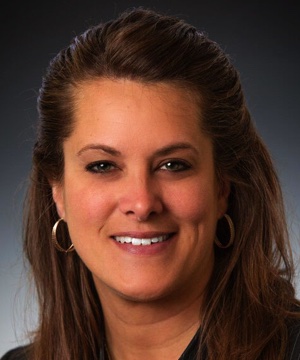 |
M. Kate Rolf, MBA, CHCE, FACHE President & Chief Executive Officer VNA Homecare |
9:00am – 9:45am
Using Data to Support Collaborative Partnerships
The increase in alternative payment models for healthcare has created an increased burden on home healthcare providers to implement efficient and effective services that increase quality of care while managing costs. Topics to be discussed include:
- The impact of new payment models on home health
- Using data to demonstrate home healthcare’s contribution to high-impact, low-cost care
- Resource considerations when developing strategies for post-acute care within new payment model programs
- Understanding regulatory and contractual considerations for data sharing
 |
Elizabeth Kleber, PhD, RN Area Director, Clinical Strategy and Medicare Case Management BAYADA Home Health Care |
9:45am – 10:15am
Networking & Refreshments Break
10:15am – 11:00am
Improving the Effectiveness and Productivity of Your Workforce Through Orientation & Education
By providing your employees the most appropriate and applicable orientation/education for today’s home care environment, you will be able to continue providing compassionate care and outstanding customer service at home. Orientation is important because it lays a foundation for the new employee’s entire career with your organization. First impressions are important because they set the tone for the beginning of your relationship with your new hires. Without a solid orientation, a new employee sometimes feels uncomfortable in his/her new position and it takes longer to reach his/her full potential. A solid orientation provides the new employee with concise and accurate information to make him/her more comfortable in the job. It encourages confidence and helps the new employee adapt faster to the job. It contributes to a more effective, productive workforce. Lastly but surely not the least important, it improves employee retention.
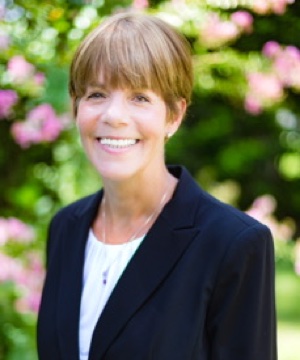 |
Jeré Dye, RN, MS, COS-C Division Vice President, Learning and Professional Development Kindred at Home |
11:00am – 11:45am
Improving Collaboration & Communication Across Clinical & Financial Departments
Collaboration and communication between clinical and financial teams is critical to operating effectively and efficiently. Topics to be discussed include:
- Effective strategies for communicating between departments as a means of managing process, outcomes, and risks, including communication methods and frequency and information communicated
- Barriers to successful communication and collaboration
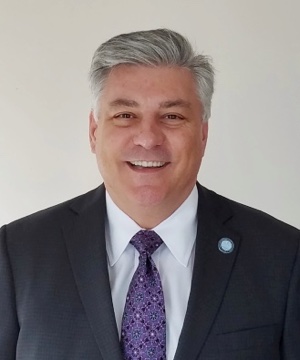 |
Michael Puskarich Executive Director Orlando Home Health |
11:45am – 1:00pm
Lunch
1:00pm – 1:45pm
How to Leverage Government Programs to Augment Your Care
Stand out from the competition and learn how to leveraging CMS's Home and Community Based Waiver programs to grow your business. Managed care organizations (MCOs), health plans, medical groups, and accountable care organizations (ACOs) are all looking to save money when delivering care. By demonstrating to the MCO, ACO and medical groups that you can not only deliver services by using HCBS programs, but you can also save them money. Topics will include:
- What are HCBS services
- Target population
- Transition care
- Contracting
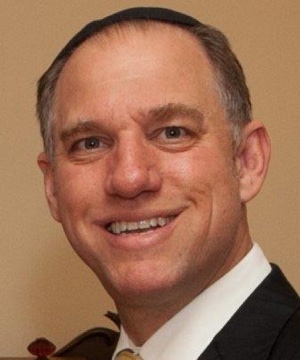 |
Jonathan Istrin Executive Home Healthcare Director Libertana Home Health of Sherman Oaks |
1:45pm – 2:30pm
Strategies to Help Your Agency Pass CMS’ Probe and Educate Review or Pre-Claim Review
CMS’ Probe and Educate Review poses a big hurdle for home health agencies. Early data shows the probe-and-educate review’s first round resulted as many as 97% of ALL agencies failing – with nearly two-thirds of denials due to face-to-face documentation issues. The challenge of not passing Round 1 offers an even more daunting next step – passing Round 2. This session will help you to prepare your agency to pass round 2 of CMS’ Probe and Educate Review. Don’t put your agency at risk for denials! Health care administrator Cheryl Adams shares strategies from one of the few successful agencies that passed Round 1 of the Probe and Educate Review. Learn how you can prepare your agency for success. During this session, you will:
- Learn how to respond to ADRs quickly and efficiently
- Learn how to manage Pre-Claim Review
- Include the correct information with every claim submitted to the MACs – Learn how to get your F2F documentation up to par
- Use technology to determine what’s missing in the medical record
- Educate physicians to ensure they provide the detailed information necessary to admit the patient
- Audit charts to flag any holes in documentation
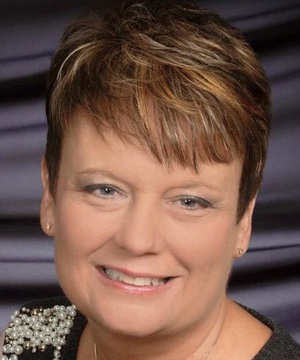 |
Cheryl Adams, RN, BSN, MBA Administrator Sparta Community Hospital’s At-Home Healthcare |
2:30pm – 3:00pm
Networking & Refreshments Break
3:00pm – 4:15pm
Panel: Opportunities in Alternative Payment Models
This session will explore how to prepare for new payment models and how to adapt your operations to be successful. Panelists will share valuable learnings related to gainsharing, partnerships, data analytics and the redesign of care. Topics to be discussed include:
- Understand the categories of different payment models
- Identify key factors for success
- Negotiating and implementing alternative payment models
- How to engage strategic partners in development of alternative payment agreements
- Identify the key operational decisions on whether to participate with an Accountable Care Organization
- Adapt your clinical models to achieve cost savings and quality measures
- Communication strategies to assist your board and management team to understand these advanced payment models
 |
Bruce Kinosian, MD Primary Care Physician NewCourtland LIFE Associate Professor of Medicine Leonard Davis Institute for Health Economics University of Pennsylvania |
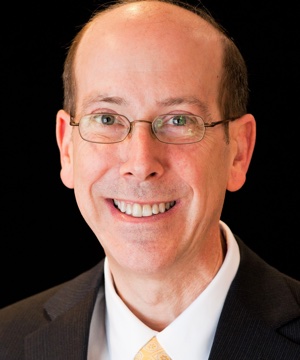 |
Glenn Tolchin Vice President of Corporate Finance Visiting Nurse Service of New York |
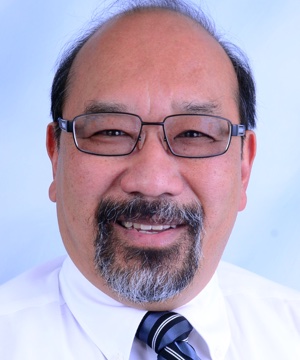 |
Edward Lowe, RN, BSN, MHA, MBA Executive Director, Health at Home, Hospice & Bereavement, Alzheimer, Adult Day and Palliative Care Programs NorthBay Healthcare |
4:15pm – 5:00pm
Lean Management Strategies
Lean management caters well to home health and hospice organizations and its principles can transform quality for the better and create a culture of continuous improvement. Topics to be discussed in this session include:
- Guidelines and toolkits for implementing this process at your own agency
- Identifying areas where you need to reduce inefficiencies
- How to apply the right lean principles to healthcare
- Practical examples of lean processes
- How lean tools can make your processes more efficient and reduce costs without sacrificing quality
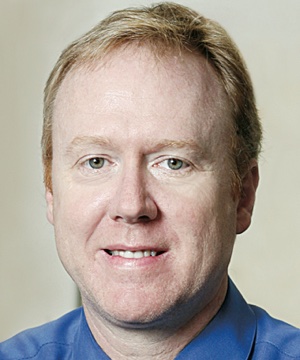 |
David C. Fielding President and Chief Executive Officer Trustbridge |
5:00pm
End of Day One
Day Two - Tuesday (February 27th, 2018)
7:15am – 8:00am
Networking Breakfast
8:00am – 8:15am
Chairperson’s Remarks
8:15am – 9:00am
A Fresh Look at Defining Standards of Care for Home Health
Learn practical methods to efficiently manage patient care, achieve better outcomes, and increase episode reimbursement. The presenter will share lessons learned and advice on workflows based on targeted episode management tactics and the value of leadership engagement to drive change. Additional topics will include the role of innovative technology, visit frequency, training, collaboration among disciplines, and patient input in setting goals to self-manage conditions. The session will also cover leadership accountability along with clinical and service quality outcomes. The right care at the right time, as attendees will see, leads to proper reimbursement and improved patient satisfaction and overall outcomes.
 |
Melissa Jordan Chief Nursing Officer Aurora at Home |
9:00am – 9:45am
Palliative Care Across the Continuum
Palliative care programs lack specific regulations and guidance in terms of reimbursement, setting, operations, delivery models and stages in the disease process. This session will review the different models and goals for variations of palliative care programs, and provide insights into clinical and financial management of these programs.
- Billing and payment models for home care and palliative care services
- Payment mechanisms for palliative care services
- Key factors for success in managing various models of palliative care management
- Tips and guidelines to assist in palliative care program development
- Structures and methods that can make palliative care programs financially viable, and other reimbursement tactics
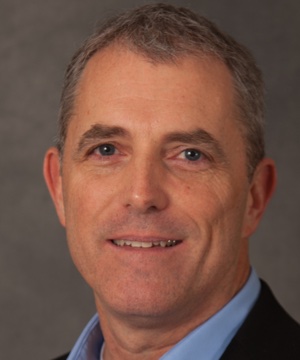 |
Bob Parker, DNP, RN, CENP, CHPN Chief Clinical and Compliance Officer | Hospice and Palliative Care Interim Healthcare |
9:45am – 10:15am
Networking & Refreshments Break
10:15am – 11:00am
Leveraging the Skills of Your Workforce: Home Health and Hospice
Learn how to cultivate skills in your staff to create a more resourceful workforce, leading to positive outcomes for both staff and your organization. This session will discuss transferrable skills between hospice and home care, and opportunities to maximize staff performance through training and development.
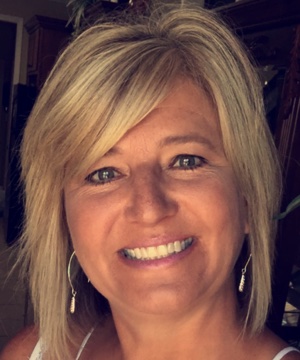 |
Jackie Lloyd Chief Nursing Officer Methodist Alliance Home Care and Hospice |
11:00am – 11:45am
How HHS Uses Analytics to Reduce Fraud, Waste and Abuse
This presentation will include an overview of the oversight function of the HHS Office of Inspector General (OIG), discussing audit topics areas such as:
- Medicaid/Medicare Parts A –D
- An overview of the OIG’s audit work plan on home care and hospice topic areas
- The different types of analytics software the OIG uses
- Examples of queries and functions the OIG uses when analyzing data
11:45am – 12:30pm
The Case For and Against Home Based Palliative Care Programs
While palliative care programs in hospitals have become well established across the country, home based programs continue to battle for a verified space in the healthcare continuum. Developing a community-based service requires careful consideration of the risks and benefits to a home hospice organization. This session will discuss the pros -- and the cons-- home based palliative care offers patients, families, providers and treating physicians. Is developing a home based palliative care program worth the investment, and if not, what options exist for the vulnerable “pre hospice” population? Ultimately, we will examine if home-based palliative care programs are friend or foe to their hospice partners.
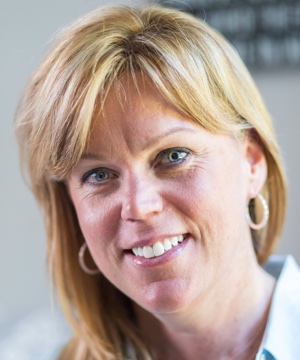 |
Jenny Buckley, RN, BSN, CHPN Director of Palliative Care Services Weinstein Hospice |